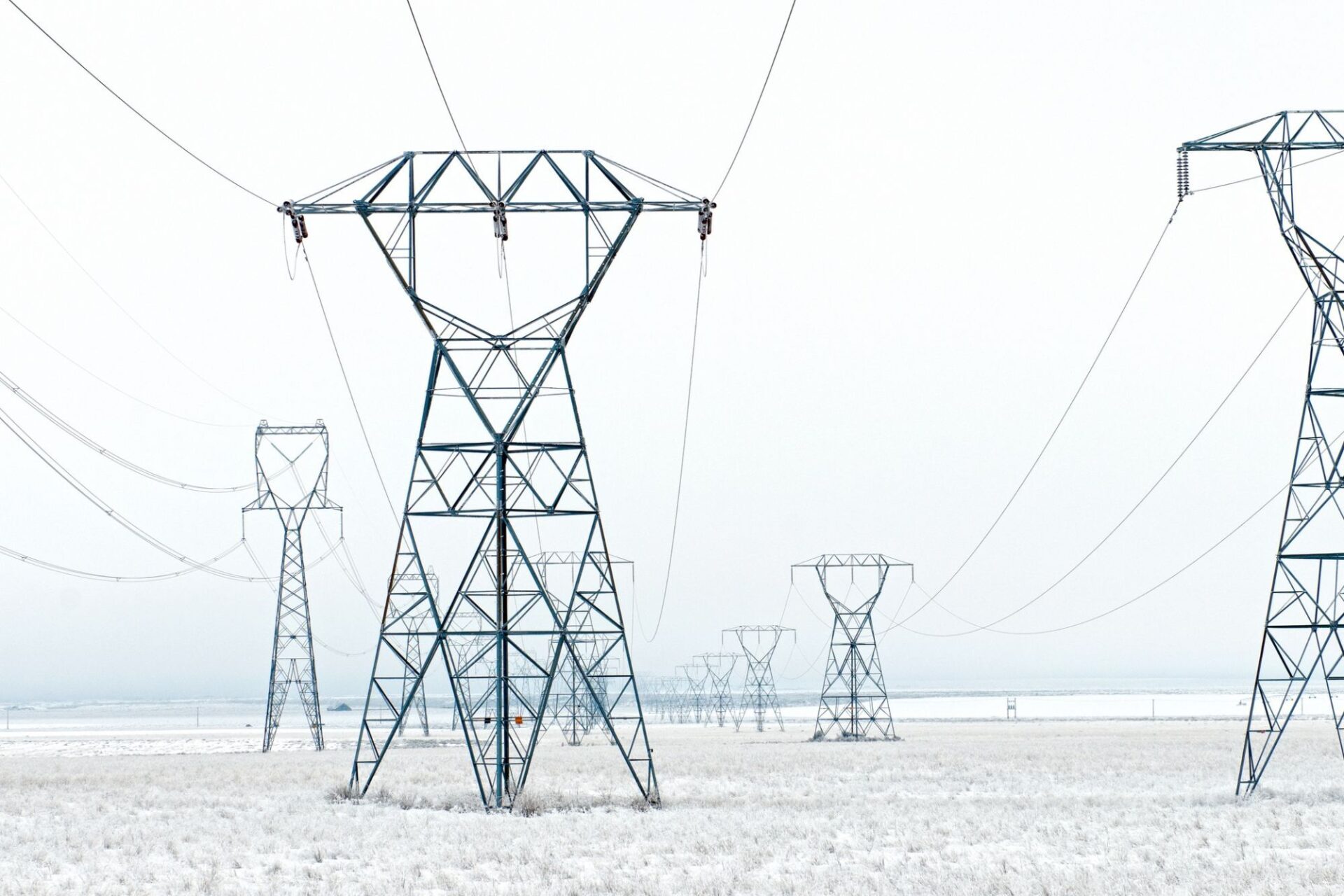In 2021, the economic regulation of Statnett was changed to strengthen incentives for cost efficiency. However, in the new regulation, system operation costs are not subject to the same strong efficiency incentives as costs related to Statnett’s role as a grid owner. To address these regulatory challenges, we recommend (i) subjecting internal system operation costs to the same strict efficiency incentives as Statnett’s costs a grid owner and (ii) establishing a performance panel.
System operation costs can be divided into internal and external costs. Costs related to the procurement of reserves and redispatch are external, while costs related to personnel, IT systems, buildings, and similar expenses are internal. In general, we recommend keeping external system operation costs outside the economic regulation framework since these costs are only marginally influenced by Statnett in the short term. However, Statnett has greater control over internal system operation costs.
The lack of sufficient incentives for cost efficiency in system operation is a fundamental weakness in the current regulatory framework. System operation costs have increased in recent years, particularly due to expenses related to market and operational solutions. This is linked to the development of automation systems for system operations and a general increase in costs for Statnett’s shared functions, which are partially allocated to system operation.
Challenges in the current regulation
Currently, Statnett is incentivised for cost efficiency through a cost norm based on benchmarking of the company’s cost development relative to historical levels. However, costs related to system operation are not included in the benchmarking. External system operation costs are directly passed on to customers, while internal system operation costs are subject to an annual efficiency requirement. As a result, the incentives for cost efficiency are weaker for system operation relative to other costs. This has been justified by the fact that system operation costs are significantly influenced by external factors, such as electricity prices in various markets (including reserve markets).
A key challenge in the economic regulation of Statnett is the information asymmetry between Statnett, the regulator (RME), and other stakeholders regarding the execution of Statnett’s system operation functions and the efficient cost of its operations and development. There are three main challenges in the current regulatory framework:
- Weak incentives for cost efficiency – This is a challenge in itself.
- Inconsistent regulation of different tasks – Statnett, as both a grid owner and system operator, has some flexibility in choosing different activities to fulfil its responsibilities. Some of these activities are categorised under system operation costs, while others fall under grid ownership costs, which are more strictly regulated. This creates two potential issues. First, Statnett has an incentive to classify grid ownership costs as system operation costs. Second, Statnett may prefer to fulfil its system operation responsibilities through activities categorised as system operation costs rather than grid ownership.
- Lack of accountability for costs imposed on other stakeholders – Statnett is not directly exposed to the costs falling on other market participants because of its decisions as a system operator (except for KILE, an incentive scheme for power outages).
Recommendation 1: Include internal system operation costs in the efficiency analysis
The regulatory challenges could be mitigated by including internal system operation costs in the efficiency analysis. This would strengthen Statnett’s incentives for cost efficiency and reduce inconsistencies in the regulation of different tasks. Implementing this measure would have reduced Statnett’s revenue cap by an average of NOK 140 million per year in the 2021–2024 period, though with significant annual variations. Another option is to establish a specific cost norm for system operation costs.
Recommendation 2: Establish a performance panel
A performance panel could help address the weak incentives related to external system operation costs and ensure that Statnett takes societal costs into account in its decisions. If properly designed, a performance panel could serve as a mechanism for disciplining Statnett’s spending on reserves and special regulation while also promoting cost-effective decision-making from a societal perspective. The panel and its members should be appointed by RME or the Ministry of Energy, with some members being independent experts. Performance panels have been introduced in the regulation of system operators in Ireland and the UK.
We have also assessed several other measures but consider them less appropriate:
- Clearer cost allocation criteria in the current model would have little practical impact.
- International benchmarking is not feasible due to significant differences between TSOs.
- Revenue caps based on budgets do not resolve the information asymmetry issue.
- Bonus and penalty schemes may create unintended incentives.
- Organisational and structural changes involve high transaction costs and uncertain outcomes.
Statnett is a system operator and transmission grid owner. This means that it is responsible for maintaining the physical balance between electricity production and consumption while also building and operating the transmission network. Statnett is subject to economic regulation by the Norwegian Energy Regulatory Authority (RME) to ensure that its operations contribute to the efficient functioning and development of the power system from a socio-economic perspective.
This feasibility study was conducted on behalf of the Norwegian Energy Regulatory Authority (RME).






